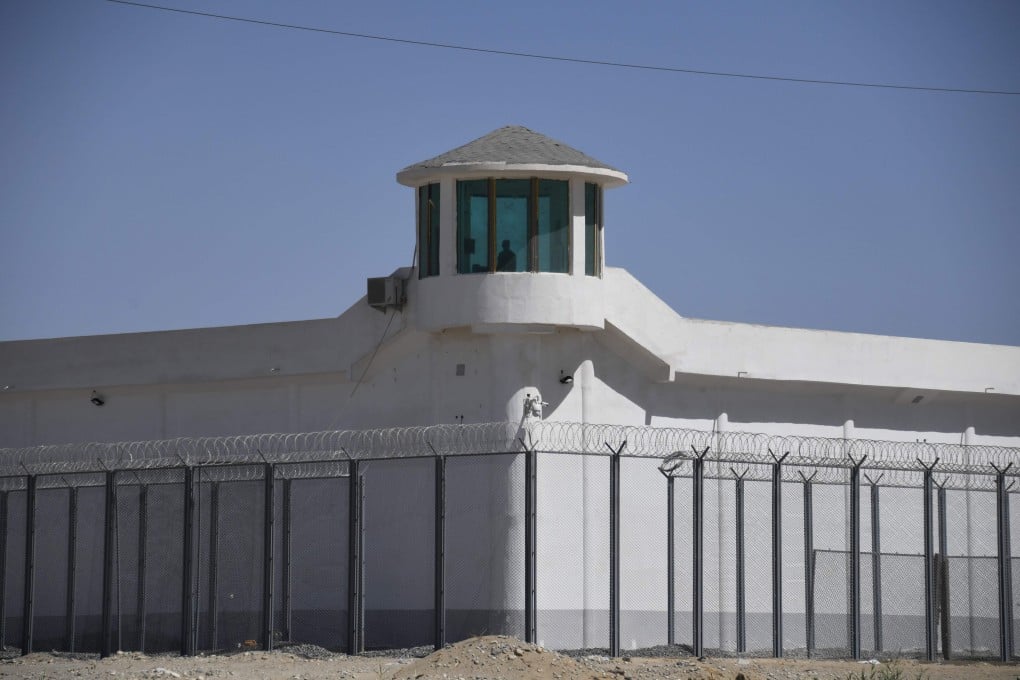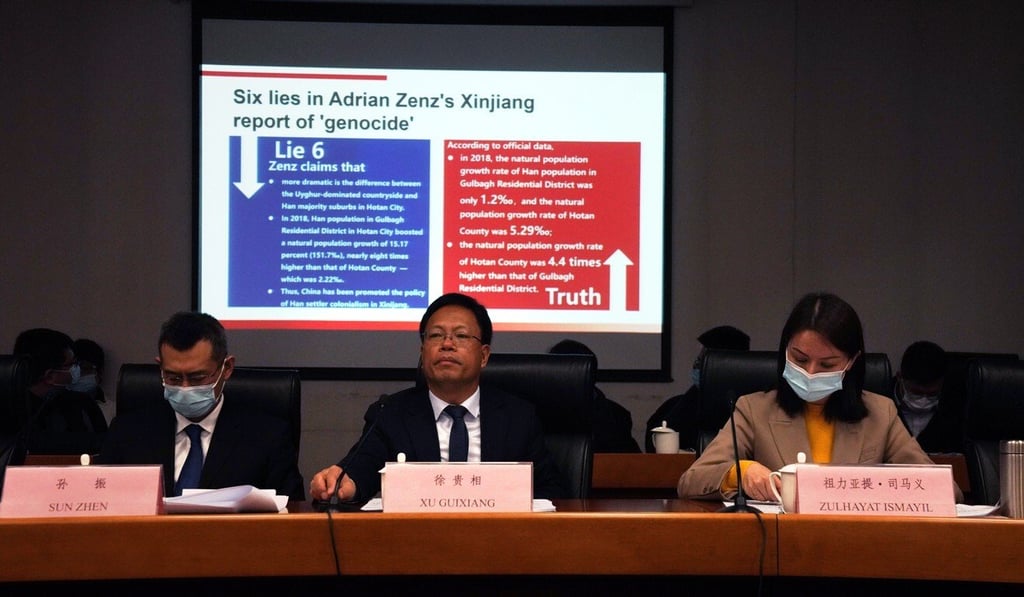Advertisement
Opinion | How New Zealand can respond to US’ charge of genocide against China
- New Zealand should strongly support China becoming more transparent and improving its credibility on human rights, says Alexander Gillespie
- Only independent assessment by mandated experts can prove compliance with international commitments and whether the US’ assertion is right
Reading Time:3 minutes
Why you can trust SCMP
43

New Zealand has a strong history of protecting and promoting human rights at home and internationally, and prides itself on being an outspoken critic and global leader in this area. So, when the most serious accusation of human rights abuse – genocide – is made of one of its friends, how to respond?
This is precisely the situation now regarding China.
One of the final acts of the Trump administration was to bequest to incoming President Joe Biden the formal assertion that China had committed genocide against the predominantly Muslim Uygurs and other ethnic and religious minorities in the Xinjiang region.
Advertisement
This would be a difficult position to reverse for Biden, even if he wanted to, although it appears the new administration has no such intention. Biden’s nominee as Secretary of State, Anthony Blinken, is also calling China’s Uygur policy “genocide”.

Advertisement
In response to the Trump initiative, China sanctioned 28 “lying and cheating” Trump officials, labelling the accusation a “bold faced lie”.
Advertisement
Select Voice
Select Speed
1.00x
